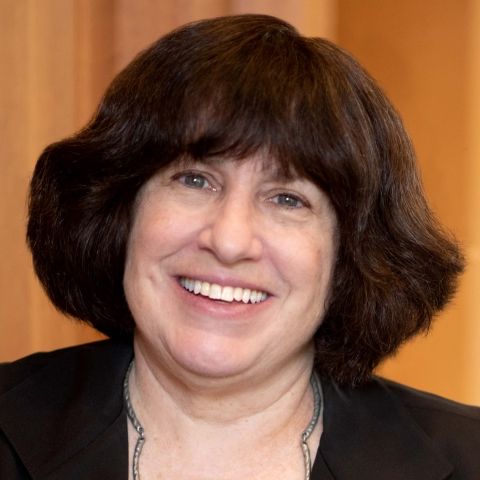
On the Supposed Expertise of Judges in Evaluating Evidence
This article is a response to Frederick Schauer, On the Supposed Jury-Dependence of Evidence Law, 155 U. Pa. L. Rev. 165 (2006).
In bench trial judges often feel free to disregard some of the exclusionary rules of evidence. Such rules were designed to prevent jurors from hearing evidence that might be over-relied on or used inappropriately (e.g., be more prejudicial than probative). Judges, however, sometimes assume that they, unlike jurors, could hear the evidence and then give it the appropriate weight. A justification for this variation in procedure is that judges are experts. I dispute that claim relying on definitions of expertise from cognitive psychology. Judges might very be experts at reading and applying case law but, I argue, there is nothing in their training (either as lawyers or as judges) or their experiences that should make them better than jurors at the job of weighting evidence.